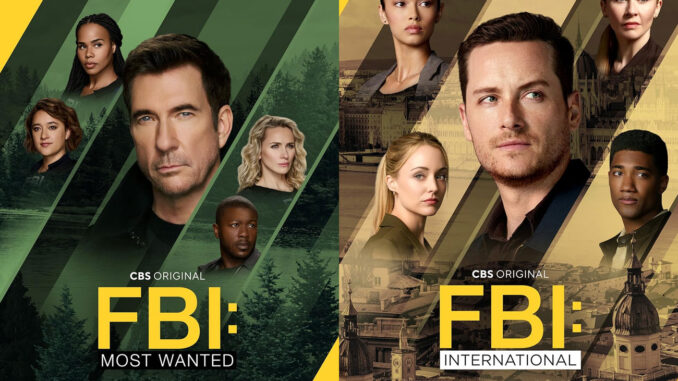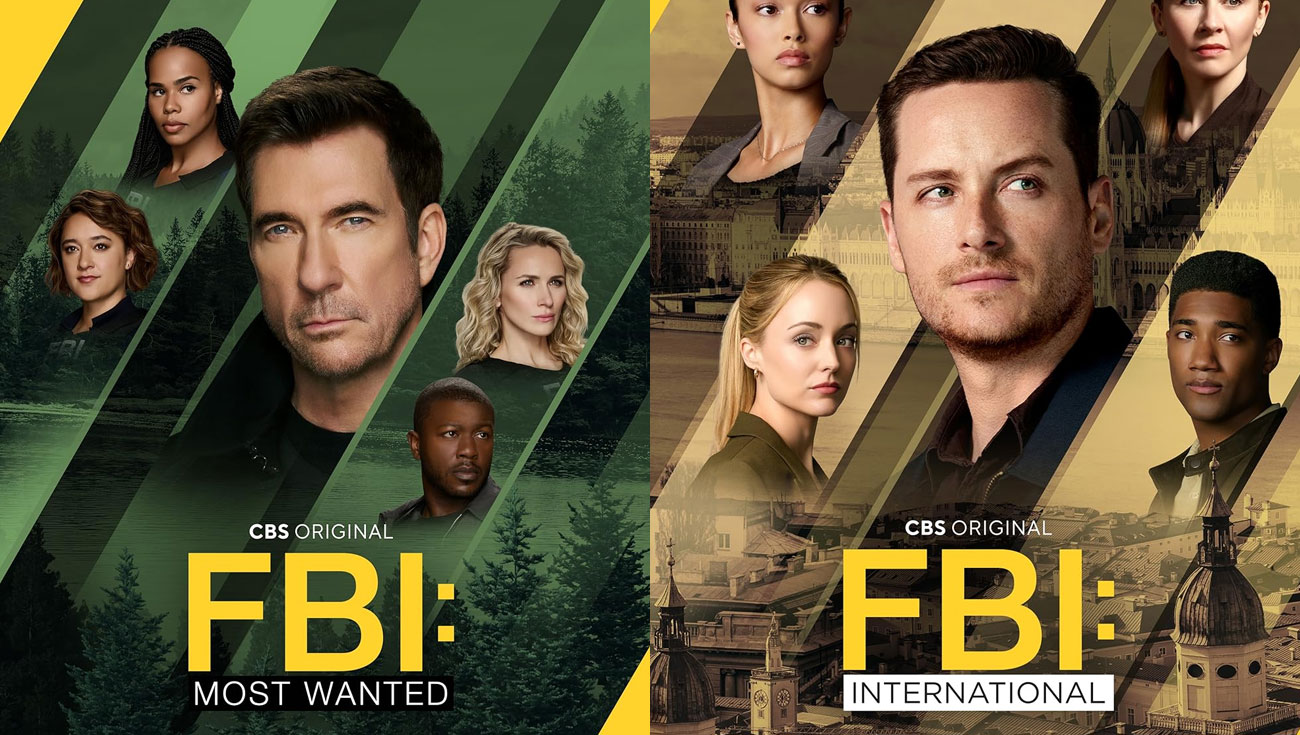
The Tectonic Plates of Television: CBS’s FBI Franchise Faces the Quake
The digital town square had been buzzing for weeks, a low, nervous hum anticipating the verdict. In the cutthroat arena of network television, where shows are born and die with ruthless efficiency, the fate of a beloved franchise often hangs by the thinnest of threads: the whim of algorithms, the fickle finger of viewer taste, and the cold, hard calculus of advertising dollars. For fans of Dick Wolf’s sprawling FBI universe on CBS, the air was thick with a particular brand of suspense, a collective holding of breath as the network brass prepared to deliver their pronouncements. The headline itself was a thunderclap: “Massive Shake-Up! CBS Reveals Which FBI Shows Are Safe and Which Are Gone.” It heralded not just a decision, but a seismic shift in the landscape of televised crime-fighting.
The waiting period had been its own kind of purgatory. For the cast and crew, for the writers’ rooms that had poured countless hours into crafting compelling narratives, it was a time of internal tension, a professional sword of Damocles dangling precariously. Every passing day without an announcement amplified the whispers of cancellation, the grim predictions, and the fervent hope for renewal. Viewers, too, felt the pull, scanning social media for any leak, any hint that might assuage their anxieties about their weekly dose of high-stakes investigations. In an era saturated with content, a show’s survival is not just a commercial decision; it’s an affirmation of its connection with an audience, a testament to its narrative heartbeat.
Then, the tremors began. The official word started to filter through the industry’s veins, swiftly reaching the anxious public. And with it came the predictable bifurcation of fate.
Emerging from the maelstrom with a triumphant flourish were the anchors of the franchise: the original, eponymous FBI, and its grittier, more intense sibling, FBI: Most Wanted. These shows, it was revealed, were not only safe but had been granted the coveted multi-season renewals, a definitive vote of confidence that echoed like a ringing bell across the television landscape. They were the unsinkable vessels, the bedrock of CBS’s Tuesday night lineup. The decision was, in many ways, an expected one. FBI, with its compelling ensemble led by Missy Peregrym and Zeeko Zaki, consistently delivers solid ratings, offering a blend of timely cases and personal drama that resonates deeply with a broad audience. It’s the foundational pillar, a well-oiled machine that has proven its longevity. FBI: Most Wanted, on the other hand, carves its own niche with its darker tone and the relentless pursuit of the nation’s most elusive fugitives. Led by the commanding presence of Dylan McDermott, it offers a raw, visceral edge that complements the original, attracting a loyal following hungry for more intense procedural drama. Their safety was a testament to consistency, compelling storytelling, and the undeniable power of a well-established brand. For their fans, it was a collective sigh of relief, a moment of jubilant validation. The ships were not just docked; they were being refitted for years to come.
But where there are victors, there are often those who fall. The “massive shake-up” wasn’t just about securing futures; it was about the tough decisions, the culling of the herd in a wilderness of content. And tragically, the axe fell upon FBI: International. The newest addition to the burgeoning universe, chronicling the adventures of the Budapest-based Fly Team as they protected American interests abroad, found itself on the wrong side of the network’s ledger. Despite its ambitious premise and exotic locales, the show, led by Luke Kleintank, had struggled to fully capture the consistent viewership of its older siblings. Perhaps it was the higher production costs associated with international filming, or perhaps the narrative, while intriguing, didn’t quite land with the same gravitational pull as its domestic counterparts. For its cast and crew, the news would have been a gut punch, the abrupt end to a creative endeavor, a narrative cut short before its intended conclusion. For its dedicated, if smaller, fanbase, it was the bitter taste of disappointment, the sudden loss of a weekly escape into global intrigue. The ship, which had sailed with such promise, was now destined for the breaker’s yard, its signal fading into the vast ocean of televised history.
This “massive shake-up” is more than just a programmatic reshuffle; it’s a stark illustration of the ever-evolving, unforgiving nature of network television. It’s a reminder that even within a successful franchise, there’s no guaranteed immunity from the cold, unfeeling calculus of viewership data and the relentless pursuit of the next big hit. The television landscape is a dynamic, volatile place, where tectonic plates are constantly shifting, creating new mountains and swallowing old valleys. For FBI and FBI: Most Wanted, it’s a moment of triumph, a renewed mandate to continue their vital work on screen. For FBI: International, it’s a somber farewell, a poignant reminder that even the most ambitious journeys can sometimes find themselves adrift. The dust has settled, the verdict delivered, and the CBS FBI universe, though slightly smaller, continues its vigilant watch, forever a testament to the enduring appeal of justice, even as its own future remains, year after year, in the hands of the numbers and the tides.

